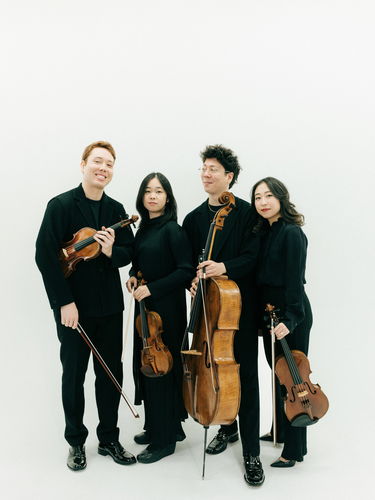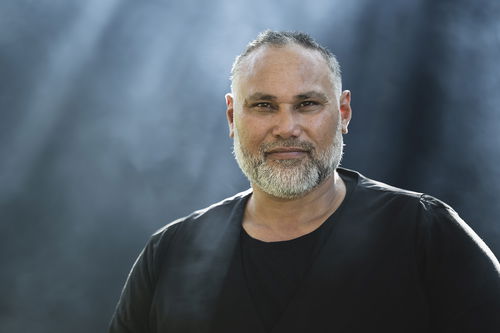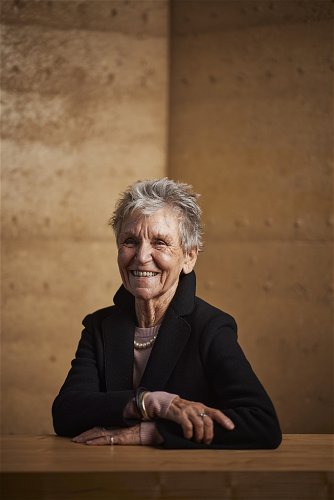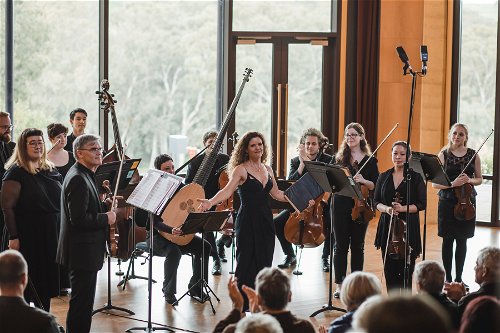What's On
Month:
Feb
Mar
Apr
May
Jun
Jul
Aug
Oct

Sold Out
Olli Mustonen – Appassionata (Presented by Adelaide Festival)
Sat 28 Feb 2026

Sold Out
Olli Mustonen – Les Adieux (Presented by Adelaide Festival)
Sat 28 Feb 2026

Sold Out
Olli Mustonen – Moonlight (Presented by Adelaide Festival)
Sun 1 Mar 2026
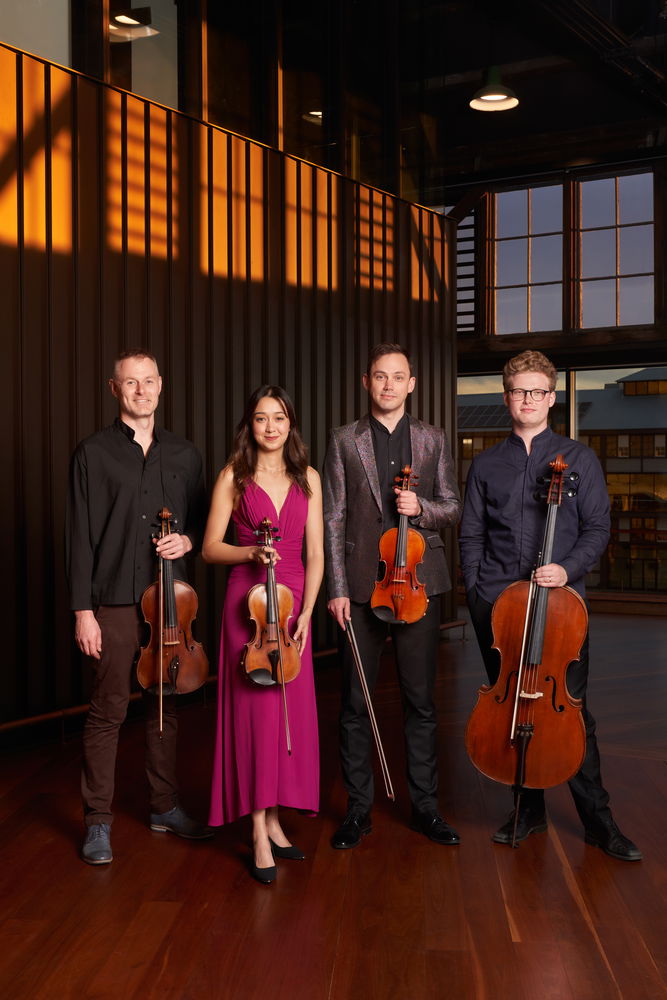
Sold Out
Alma's World (Presented by Adelaide Festival)
Sat 7 Mar 2026
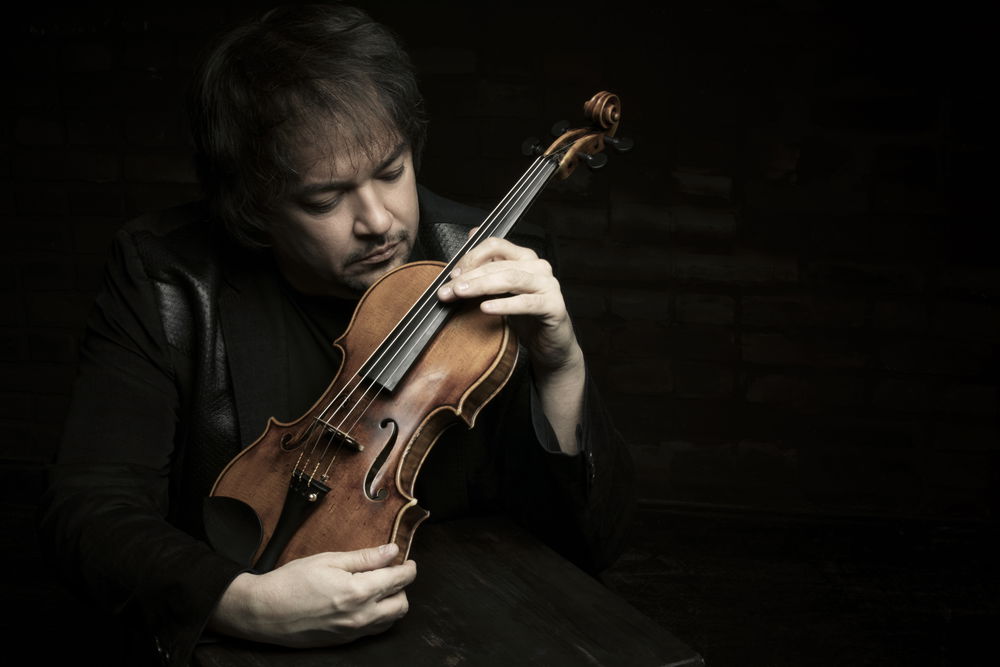
Sold Out
Sergej Krylov with Konstantin Shamray
Sat 14 to Sun 15 Mar 2026

Sold Out
Australian Guitar Quartet
Sun 22 Mar 2026
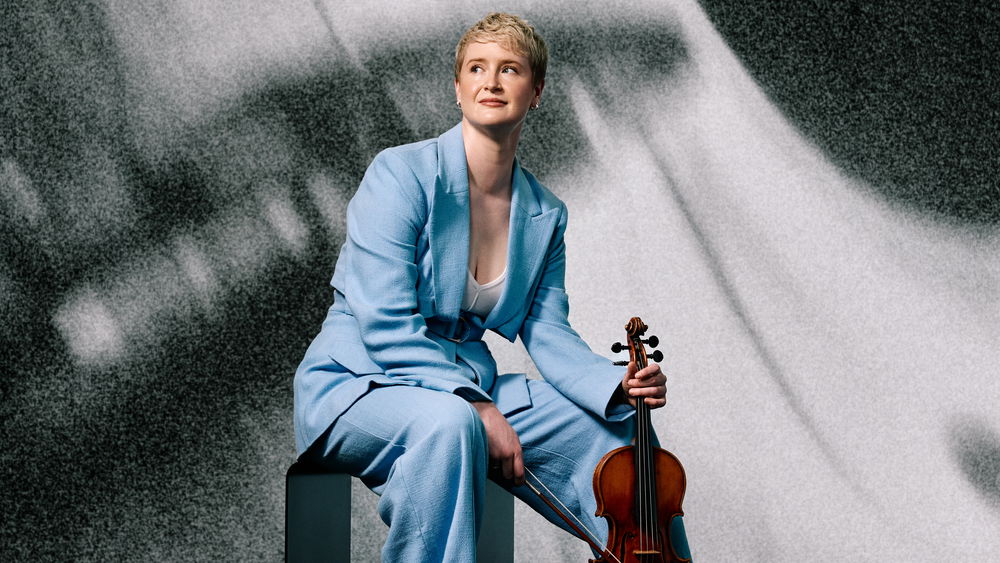
Sold Out
Garden Serenade (Presented by Adelaide Symphony Orchestra)
Sat 28 Mar 2026

Sold Out
Cédric Tiberghien
Sun 29 Mar 2026
.jpg?class=grid3)
Sold Out
Michelle Nicolle and Paul Grabowsky
Sat 18 Apr 2026

David Elton and Friends
Sun 26 Apr 2026

Leonkoro Quartet | Role Models
Sat 2 May 2026

Leonkoro Quartet | Opus 131
Sun 3 May 2026

Bobby Singh and Friends
Sat 9 May 2026

Interwoven (Presented by the Australian String Quartet)
Thu 14 May 2026

Venue Hirer
Women's Wellness Retreat
Fri 15 May 2026

Sold Out
Alexander Gavrylyuk
Sun 24 May 2026

Radical Son
Sat 30 May 2026

Ivan Karizna with Aura Go
Sun 31 May 2026
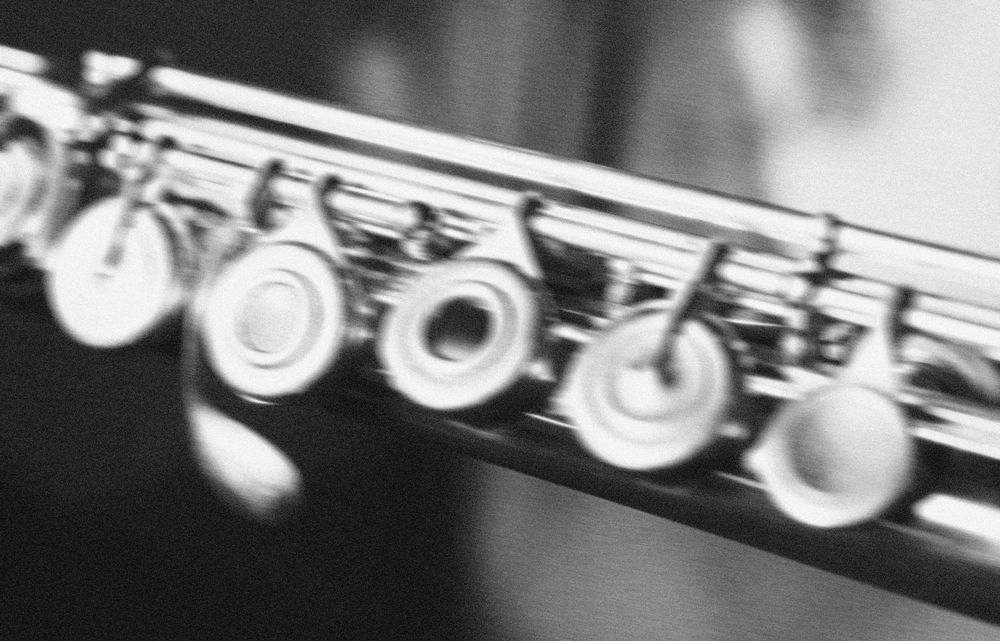
Questions & Answers (Presented by Adelaide Symphony Orchestra)
Wed 3 Jun 2026

Lucas Debargue
Sun 7 Jun 2026

Maximilian Hornung
Sun 14 Jun 2026
 James Ehnes Nov 2012 (c) B Ealovega.jpg?class=grid3)
Sold Out
James Ehnes with Orion Weiss
Sun 21 Jun 2026
.jpg?class=grid3)
Sold Out
The Gesualdo Six
Sun 28 Jun 2026
Sold Out
Joshua Batty and Friends
Sun 12 Jul 2026

Sitkovetsky Trio
Sat 18 Jul 2026

Sitkovetsky Trio with Stefanie Farrands
Sun 19 Jul 2026

Extra Show
Andrea Lam
Sat 25 to Sun 26 Jul 2026

Attacca Quartet
Sun 2 Aug 2026
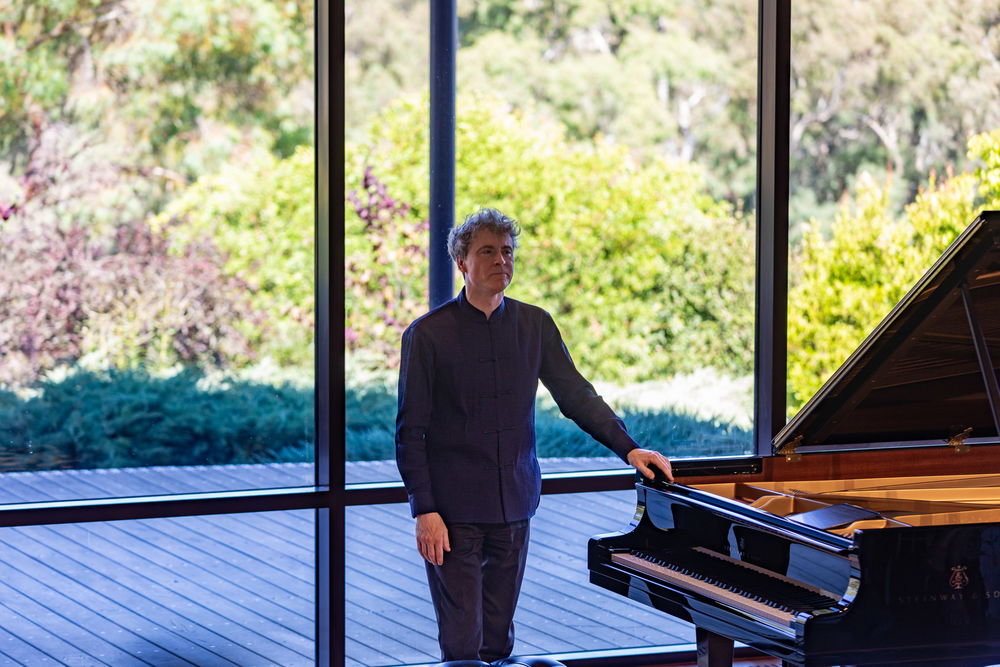
Extra Show
Paul Lewis
Sat 17 to Sun 18 Oct 2026

Voyager (Presented by the Australian String Quartet)
Thu 22 Oct 2026

